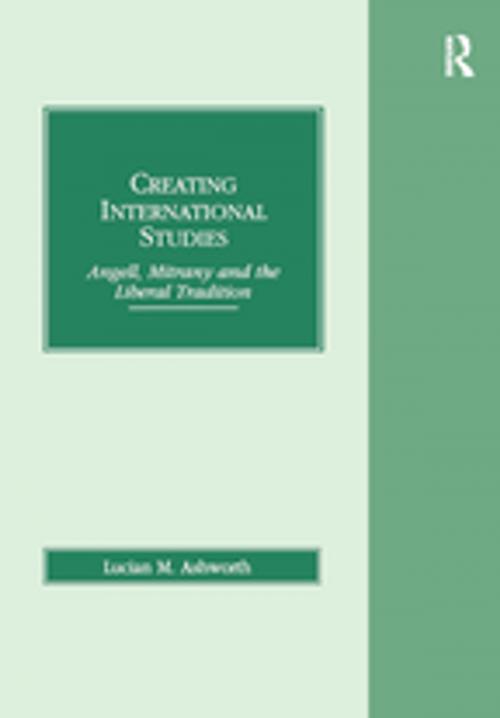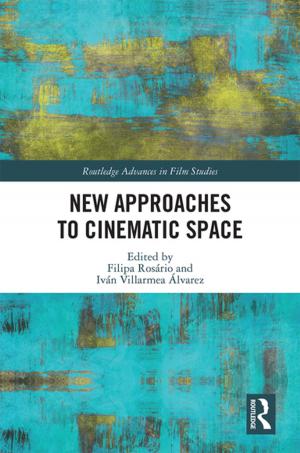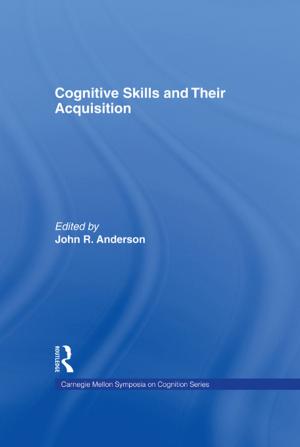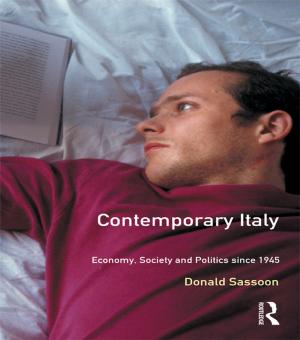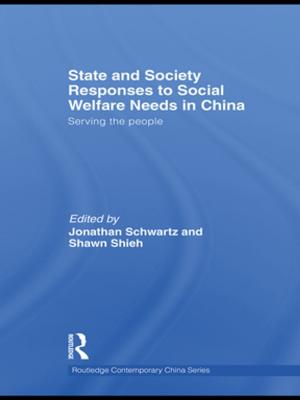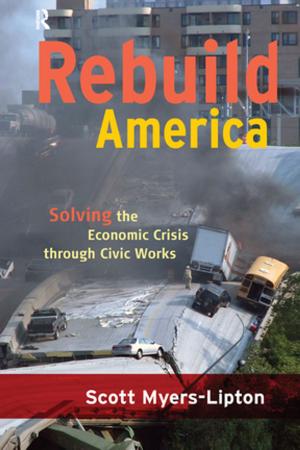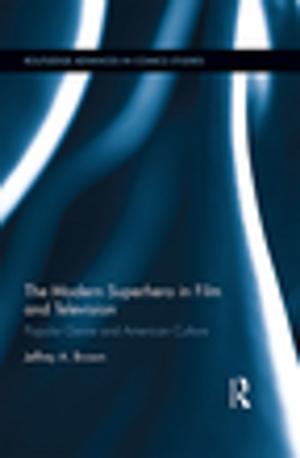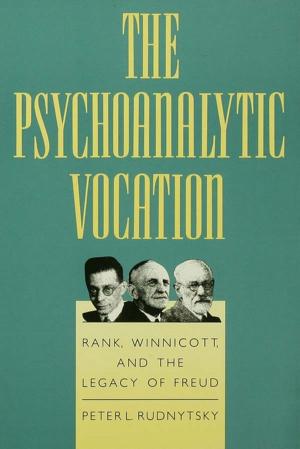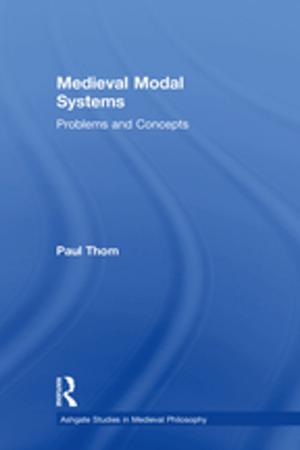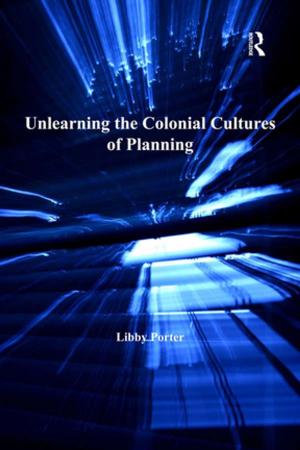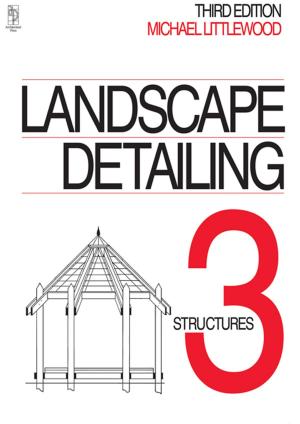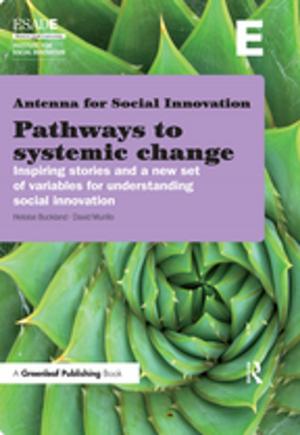Creating International Studies
Angell, Mitrany and the Liberal Tradition
Nonfiction, Social & Cultural Studies, Political Science, International, International Relations| Author: | Lucian M. Ashworth | ISBN: | 9781351947831 |
| Publisher: | Taylor and Francis | Publication: | July 5, 2017 |
| Imprint: | Routledge | Language: | English |
| Author: | Lucian M. Ashworth |
| ISBN: | 9781351947831 |
| Publisher: | Taylor and Francis |
| Publication: | July 5, 2017 |
| Imprint: | Routledge |
| Language: | English |
Through a critical evaluation of the works of Norman Angell and David Mitrany, this book explores the liberal roots of the academic discipline of International Relations (IR). Ashworth argues that, far from being the product of timeless realist truths, IR’s origins are rooted in liberal attempts to reform international affairs. Norman Angell’s work represents the first attempt to develop a comprehensive 'new liberal' approach to the problem of global governance, while David Mitrany’s exploration of the problems of international life led him to apply the left-liberal idea of functional government to global governance. Both writers demonstrated the extent to which early twentieth century liberal writers on international affairs had answered the critics of earlier nineteenth century liberal internationalists. The penultimate chapter argues that the realist-idealist 'Great Debate' never happened, and that liberal scholars such as Angell and Mitrany have been unfairly dismissed as 'idealists.' The final chapter evaluates the writings of Angell and Mitrany and claims that the works of both authors can be criticised for theoretical weaknesses common to the liberal paradigm.
Through a critical evaluation of the works of Norman Angell and David Mitrany, this book explores the liberal roots of the academic discipline of International Relations (IR). Ashworth argues that, far from being the product of timeless realist truths, IR’s origins are rooted in liberal attempts to reform international affairs. Norman Angell’s work represents the first attempt to develop a comprehensive 'new liberal' approach to the problem of global governance, while David Mitrany’s exploration of the problems of international life led him to apply the left-liberal idea of functional government to global governance. Both writers demonstrated the extent to which early twentieth century liberal writers on international affairs had answered the critics of earlier nineteenth century liberal internationalists. The penultimate chapter argues that the realist-idealist 'Great Debate' never happened, and that liberal scholars such as Angell and Mitrany have been unfairly dismissed as 'idealists.' The final chapter evaluates the writings of Angell and Mitrany and claims that the works of both authors can be criticised for theoretical weaknesses common to the liberal paradigm.
